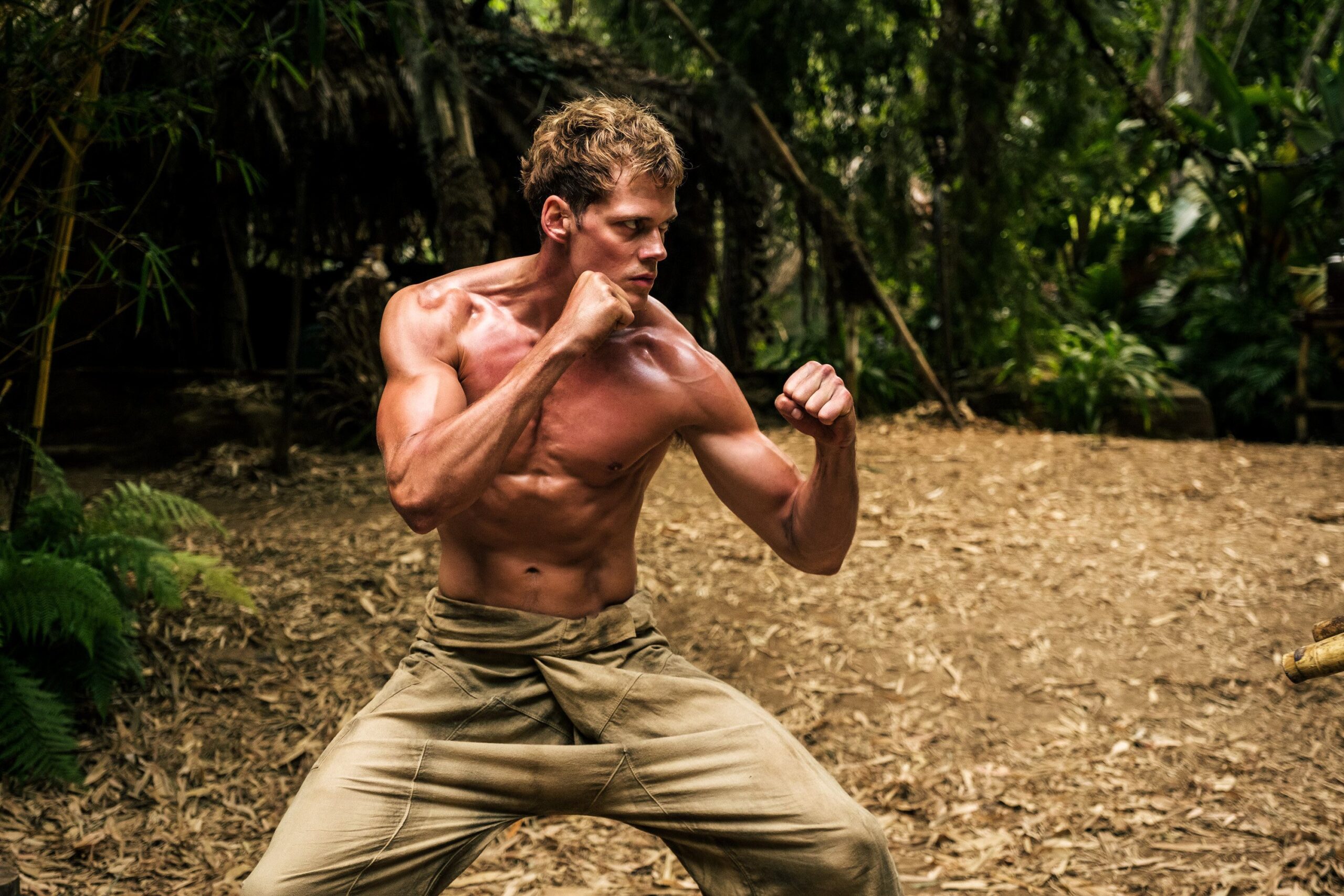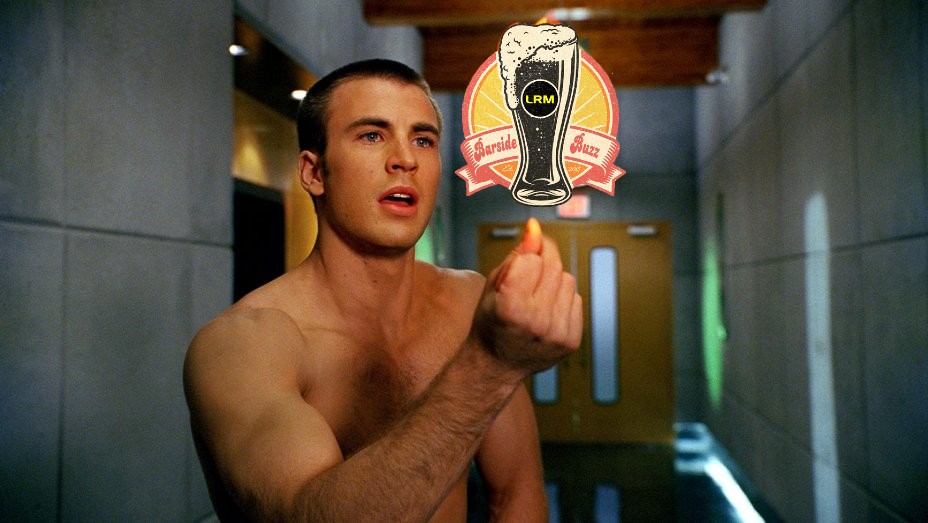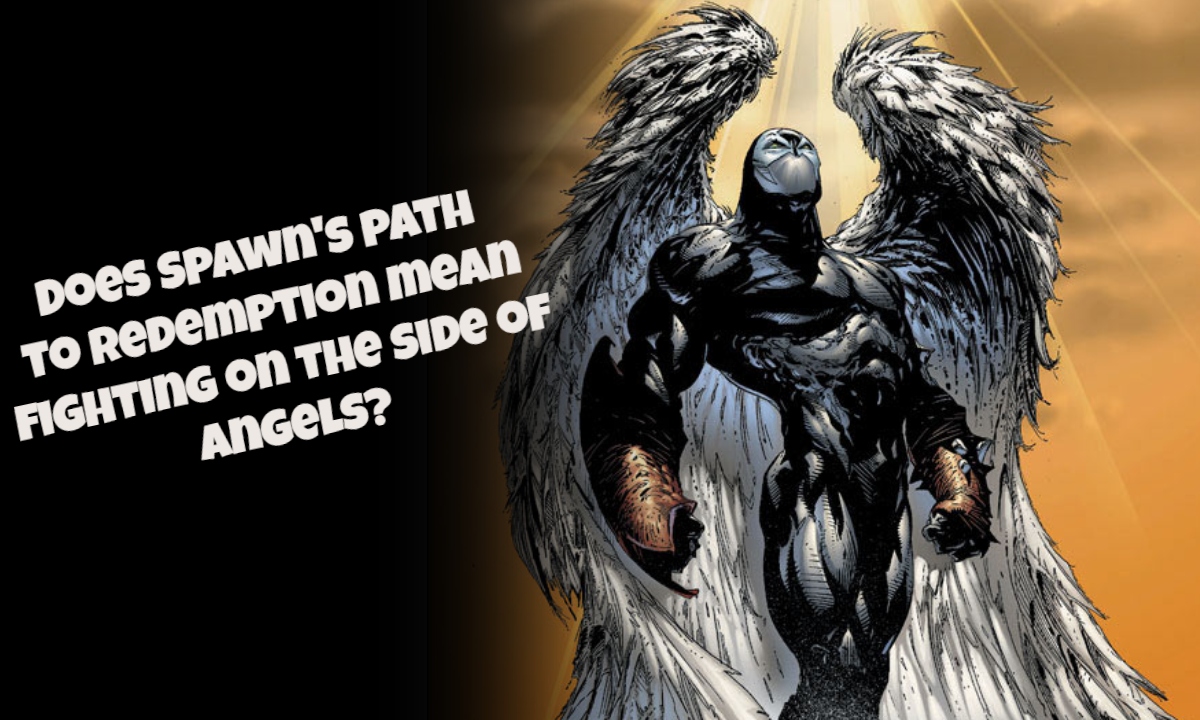Storytelling is an incredibly personal enterprise. This is true on the novel level and on the film level. Quite often, the most impactful movies are the ones where the storyteller is putting their own personal experiences on display for others to relate to, and in the case of many storytellers, it’s less the case of telling a story simply because it’s personal, but telling it because no one else is out there doing it.
Such is the case with What They Had, a film writer-director Elizabeth Chomko felt the need to create because it was a story no one else was telling. In our conversations with her, she revealed the impact her own grandmother’s Alzheimers had on her life, her work, and the overall goal with the film.
Below is the official synopsis for What They Had:
From first-time writer/director Elizabeth Chomko, WHAT THEY HAD centers on a family in crisis. Bridget (Hilary Swank) returns home to Chicago at her brother’s (Michael Shannon) urging to deal with her ailing mother (Blythe Danner) and her father’s (Robert Forster) reluctance to let go of their life together.
Elizabeth Chomko: It’s like … invites other vulnerabilities, and then it’s pretty amazing to like, be able to connect. I think it teaches us that … reminds us that we’re so much more alike than we are different, and I think that’s important to remember, especially right now, you know, that we’re all more alike than we are different. So-
LRM Online: How did it all begin? I’m sure it was a work in process. I do understand it had to do like, similarity through something you lived in your family. Can you tell us about the beginning?
Chomko: Yes, it was inspired by my family and the things that we were dealing with around my grandmother’s Alzheimer’s diagnosis and her journey that she went on during that time, and the journey we were all on as her caregivers and her family, and how memory loss really impacts all of us. Yeah, it was a very sudden inspiration for me. It was like … You know, I was very … it was a profound stroke of lightning … “Oh my gosh, this is a movie.”
It didn’t really occur to me that I would be the person that would make it, which is really stupid in hindsight because when it happened I was at this church and I’m like surrounded by all these … you know, I’m in Illinois, so I’m around all of these, you know, farmers and people like … and I’m looking around at all of them going, “Well, someone’s making this movie. They’re here. Who is it?” You know? Here I am, an actor and a playwright, and I was living in LA, and it just didn’t occur to me at any point that it was supposed to be me. I didn’t until six months later and I realized, like, “I don’t think anyone else is doing this, and somebody’s supposed to.” So I started writing the script at that point and here we are a number of years later … about seven years later.
LRM Online: Well, it’s great.
Chomko: Thank you.
LRM Online: Loved it.
Chomko: Thank you.
LRM Online: I, in company with others, were … we laughed. We had our moments of laughter and the little comedy you put in, but there was sadness. A lot of us had sniffles. Like, we could hear each other trying to keep ourselves together. How did you do that? How did you do that balance, that dynamic of a real life, sad situation that we … most of us do come across, versus to the balance of the humor and a little comedy in there?
Chomko: Well, I think for me and my family … I grew up in Chicago and so we all laugh. We like, tease each other and we just have a blast. We have so much fun and it’s such a lighthearted … nothing gets us down. So when my grandmother was diagnosed, I was really afraid we would lose that … that joy and that laughter, but in fact we laughed much more I think. I think you laugh loudest when your heart is … you know it’s just about to break. I loved that feeling. Laughter through tears, right, like Steel Magnolias … “Laughter through tears, my favorite emotion.” I love that feeling, and I only got it with my family. My dad would only laugh until he was crying with his sisters, and my mom will only do it with her brother, and I only do it with my sisters, but it’s really my favorite feeling and so I just wanted to see how closely I could walk that tightrope. It felt so important to really be inspired by that specific emotion to capture the tone. That was the aim, to really get that tightrope right there.
LRM Online: Yeah. It seems like that’s what, in relationships, and what you portrayed, and maybe in your family in this case, what helps keep you bonded, in a way, and connected?
Chomko: Definitely. Yes, and also keeps you from like, slitting your wrists. If we can just … there’s a grace to it, right? To laugh our way through it and just not take it too seriously, because it is so serious, and if we do take it so seriously then we might as well just end it now.
LRM Online: Right.
Chomko: So it’s a coping mechanism, and some of her … my grandmother, she laughed just like hell with all of us, louder than most of us, in fact, but some of her moments … her Alzheimer’s moments are still some of our favorite family stories. She had that all the way until the end. She died just a couple months ago, and she was in a very, very late stage. She’d had Alzheimer’s 17 years, so she was in a very late stage, but she still had that sense of humor, and that grace, and that spark, and that joy, that love of life. It was really a beautiful thing to witness her so bravely and gracefully go through such a long journey with the disease.
LRM Online: And in their mind most of the time when you … in my case … like, you see her, and she’s so naïve to reality in their mind, and they’re happy.
Chomko: Yes! Yes, there’s a very interesting article that was in the New York Times in the Modern Love section. Michael, I think, did a … Michael Shannon did a reading of it I think, but talking about the notion that when you lose your memories, you also lose your traumas, so you don’t have … suddenly you are back in that sort of innocence of childhood, that naivety where you’re no longer afraid of … like, Ruth is afraid of water, right, in the movie, but she doesn’t remember that anymore. So it’s I suppose a silver lining, you know?
LRM Online: Right. That’s true. For those that are gonna be watching the film, what message would you like the viewers to leave with?
Chomko: I didn’t really set out with any expectations or specific messaging for anyone, right? It was a personal endeavor and it just felt like a story that should be told and that I was supposed to be the one shepherding it to wherever. It was all about that process, but I think now in seeing people’s reactions and what the movie is … we didn’t know what it was when we were making it, and I think that the movie, in many ways, is a bit of a cautionary tale about this word that I didn’t know there was a name for the challenges that we were dealing with … caregiving. Right? This conflict, this thing that really pulled us apart in many ways before it brought us back together was this challenge of caregiving.
It’s not something that we families really want to have a dialogue about until suddenly they’re blindsided by it and they’re suddenly, overnight, parenting their parents, co-parenting with their sibling who they never really got along with or saw eye-to-eye on. Often these folks are regionally spread, and so one person’s like, “Well, let’s try to make it their idea,” and the other person’s like, “Just come in with the moving boxes. It’s never gonna be their idea.” You really don’t have any sense of like, how much is gonna hit you from that emotional perspective, or the legal perspective, or the financial challenges of, what do we do when our wonderful elderly … the wonderful, wisest people who’ve been here on the earth the longest are no longer really safe to take care of themselves or live alone? How do we broach those conversations in a way that prepares us earlier so that we can actually enjoy the last times we have with each other, rather than be battling our way through them, right, and sending our parents off knowing that the siblings are no longer speaking. You know?
LRM Online: Yeah.
Chomko: I just think that there’s gotta be a better way.
LRM Online: I agree. You’re … in the film, you cover different aspects when it comes to, you know, the challenge of coming across … like, coming of age.
Chomko: Yes.
LRM Online: So you have the character where it’s the grandkid … the granddaughter, you have the daughter, you have the husband.
Chomko: Yes.
LRM Online: Which one … To get out of the sadness of it, which one, as a writer, did you enjoy … the dynamic you enjoyed writing the most.
Chomko: That’s a great question. Yes, I think it’s all a coming-of-age. I’ve talked about this before, but that it’s a coming-of-age at every stage, right? Because like, I don’t … I didn’t come of age at 17. I’m still not of age, you know what I mean? Coming-of-age is something we’re constantly doing … coming of an age, so that was what I was interested in exploring, but the dynamic that I think was most interesting for me was the dynamic between the brother and sister, between Hilary’s character and Michael’s character, because that … it started with my family, but it ended up being these two voices in my head because I relate very much to Bridget and her struggles. I, sometimes, am too caring of other people.
LRM Online: Okay.
Chomko: As a woman, I think we can all relate to that in a way, and I wish, sometimes, that I was a bit more … As a woman, I wish I was a bit braver about just asserting who the hell I am and what the hell I need. So Michael’s character is this voice in my head that is hard on me about that, and that says, like, “You’re being a liar. You’re not being transparent. Just tell people. It’s not a big deal. Just tell them. Just tell people how you really feel.” You know? So that was fun for me … challenging, but really fun for me to look at that head-on and have those two warring conversations in my head, and put that on the page. Then to see them embrace it so beautifully was just, you know … I was just pinching myself.
LRM Online: Well, I really enjoyed it. Thank you so much.
What They Had hits theaters on October 19, 2018.
Don’t forget to share this post on your Facebook wall and with your Twitter followers! Just hit the buttons on the top of this page.

 FOR FANBOYS, BY FANBOYS
Have you checked out LRM Online’s official podcasts and videos on The Genreverse Podcast Network? Available on YouTube and all your favorite podcast apps, This multimedia empire includes The Daily CoG, Breaking Geek Radio: The Podcast, GeekScholars Movie News, Anime-Versal Review Podcast, and our Star Wars dedicated podcast The Cantina. Check it out by listening on all your favorite podcast apps, or watching on YouTube!
Subscribe on: Apple Podcasts | Spotify | SoundCloud | Stitcher | Google Play
FOR FANBOYS, BY FANBOYS
Have you checked out LRM Online’s official podcasts and videos on The Genreverse Podcast Network? Available on YouTube and all your favorite podcast apps, This multimedia empire includes The Daily CoG, Breaking Geek Radio: The Podcast, GeekScholars Movie News, Anime-Versal Review Podcast, and our Star Wars dedicated podcast The Cantina. Check it out by listening on all your favorite podcast apps, or watching on YouTube!
Subscribe on: Apple Podcasts | Spotify | SoundCloud | Stitcher | Google Play






